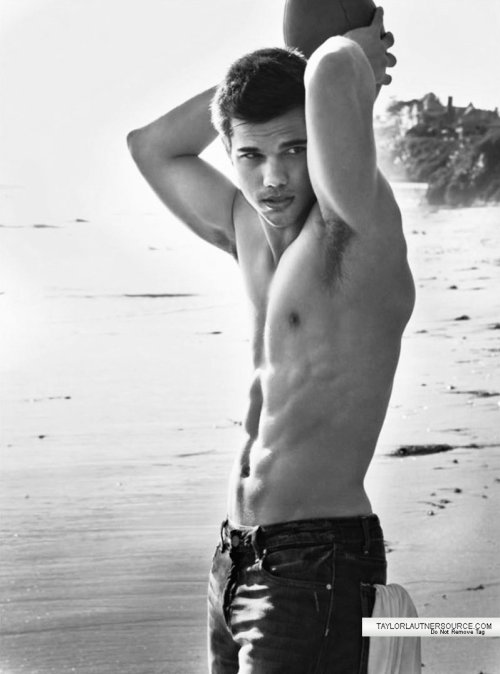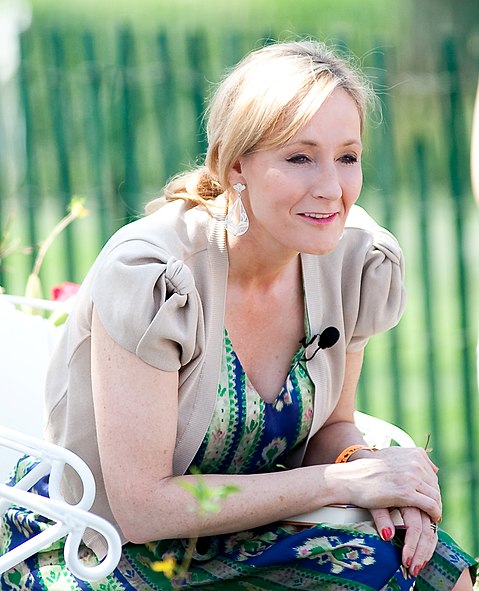So please give a warm welcome to the wonderful Lori Hettler.
1. First things
first. What kind of books do you review and how does a writer get you to review
theirs?
I prefer to read and review small press literature. The
edgier, the better. I can’t seem to get enough of it. And it doesn’t help that
there’s never enough time to read it all, either. It’s absolute torture.
Even still, I’ve been known to accept genre literature and
self published novels for review if they are pitched well and catch my
interest. A well pitched book will definitely get my attention. I’m more likely
to take a chance on a book I wouldn’t have normally read if the author
personalizes the pitch, something as simple as naming books I’ve reviewed that
are similar to theirs in style or theme. It also helps to have links to the
book, access to an excerpt… and I’m a bit of a goodreads snob. If the book
isn’t listed on goodreads, I tend to turn it away or recommend that the author
add it there.
2. What can a writer
do to make themselves and their book stand out to you and to your readers?
Well, as I mentioned, a strong, personalized pitch certainly
makes a book stand out.
If the author comes highly recommended from other authors
I’ve read, that’ll definitely get me to look at it. The small press publishing
world is so interconnected, and they’re passionate about each others books.
They are incredibly supportive of each other, and I eat that shit up. If I read
you and loved your book, and you recommend me to an author you’ve read and
loved, I’m all over that.
But wait, I’m not sure that answers your question, does it,
cause in that case, the writer is not the one pitching his book to me… Hmmm…
Other things that help a book stand out? A great cover.
Nothing makes me cringe more than a crappy cover. And a well edited book,
that’s a huge win in my eyes. If I’m reading your book, and catching
grammatical errors, I’m eye-rolling myself through it. I’m no grammar expert,
so if I’m noticing, it’s got to be baaaaad.
Making the book stand out to my readers would really fall on
me… right? The way I review what I’ve read can influence my readers to either
take a chance on it or run away from it. And I always keep my readers in mind
when I review a book. I use a rating scale that rates a book by what I think
others would like, not so much what I
like. In the rating, I recommend the books to fans of XXXXX or people looking
for XXXXX. I think that helps them make the decision for themselves, rather
than me making it for them, you know?
3. Describe a writer
who is the easiest possible person to work with.
You mean without naming names, right? Like, listing their
personality traits? I love authors who don’t let my feelings about their book
get in the way of our interaction with each other. Authors who don’t check in
on whether or not I’ve read their book 20 times. Authors who jump at every
opportunity to whip something up for my blog because they like the challenge
and find my silly ideas fun and interesting. Basically, someone who’s not just
a book-puppet, but an actual human being with an actual personality who can
separate themselves from their writing and just be.
4. What is the
difference between a book that gets a positive review and a book that sends you
out into the streets screaming “You all must read this book!!!”
The difference between “This book was really good”
versus “Oh my god, I would marry this book immediately if marrying inanimate
objects were legal!”? That’s a tough one. I don’t know if I could describe the
difference. It’s really just something I feel, something visceral. If I just
instantly start crushing on the book and its author… it’s a run out into the
streets screaming kind of book, or if I’m gulping it down in one sitting while
freaking out because reading it fast means it’ll be over faster vs. meandering
through it and enjoying it but not really concerning myself with the pace of
it.
5. Any type of review
is inherently subjective. Our moods change. What happens when you have to
review when you’re just having a crappy day? Is there a way for authors to keep
this from happening? Send you chocolate, maybe?
Ha! Bribe me with chocolate, boys! (Just kidding)
I used to review books immediately upon reading them. I felt
I was able to channel my emotions and initial thoughts more clearly that way.
My mood, bad or otherwise, at that point, was always based on my feelings
towards the book and would dictate the tone of the review and I never felt
apologetic for it.
Now, books linger weeks and sometimes months after I’ve read
them before I attempt to review (mainly due to lack of time, not for any real
conscious reason). I’m not as happy with my reviews this way, because I believe
distance taints my views on them, and also makes them come off a bit more
bland, but it is what it is.
If I’m in a bad mood, and it has nothing to do with the
book, just a crap hand I was dealt that day? Well, in that case, I wouldn’t be in
the mood to review, so there would be no worries about my non-book-related mood
infiltrating the review.
And sadly, to date, when a bad mood strikes, no amount of
chocolate or anything else for that matter, helps to move me through it. Unless
I’m reading a kick-ass book. A great book is the cure for any and all bad
moods!!
***
Lori Hettler is the founder and moderator of TNBBC. Her passion for supporting the small press and self publishing communities began when she birthed The Next Best Book Club on Goodreads back in 2007, a group which now boasts an unbelievable 11,500 members who are collectively, endlessly, searching for the next best book! She also puts her lit-loving heart to work for Chicago Center of Literature and Photography (CCLaP) as their Marketing Director. When she’s not curled up on the couch with a good book, you can find Lori on Twitter, Goodreads, and Facebook.




























